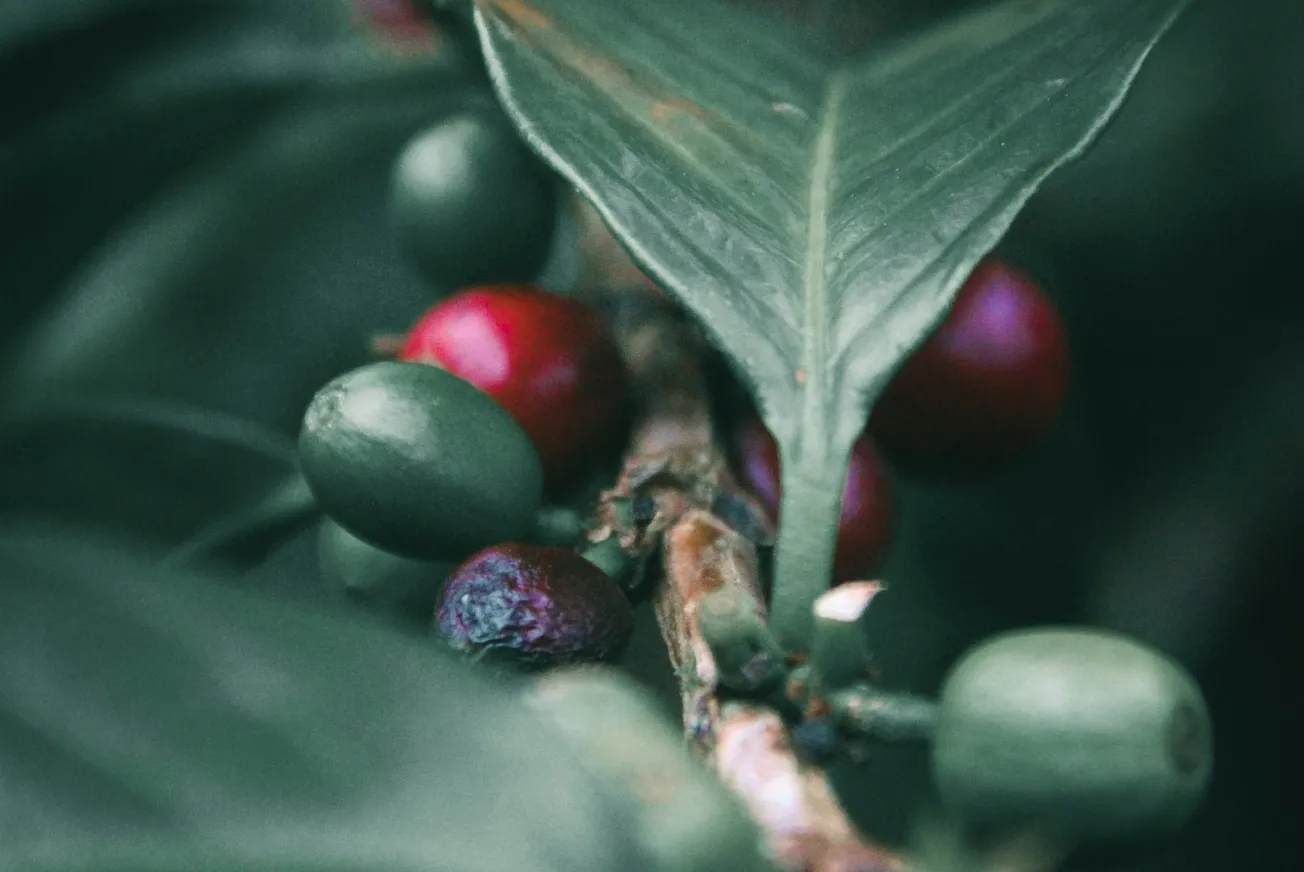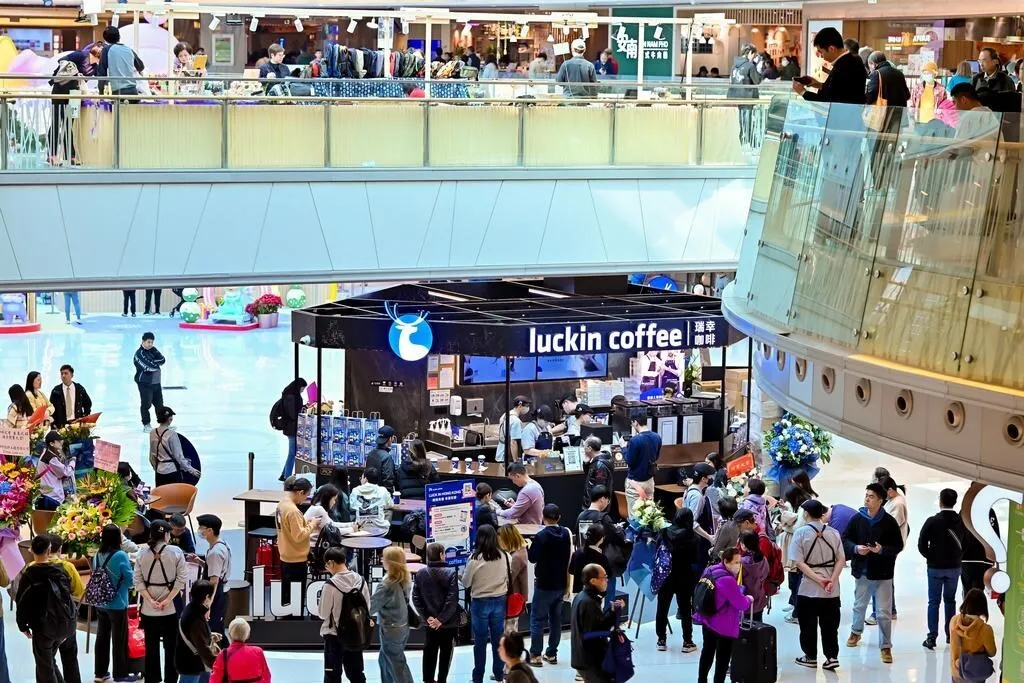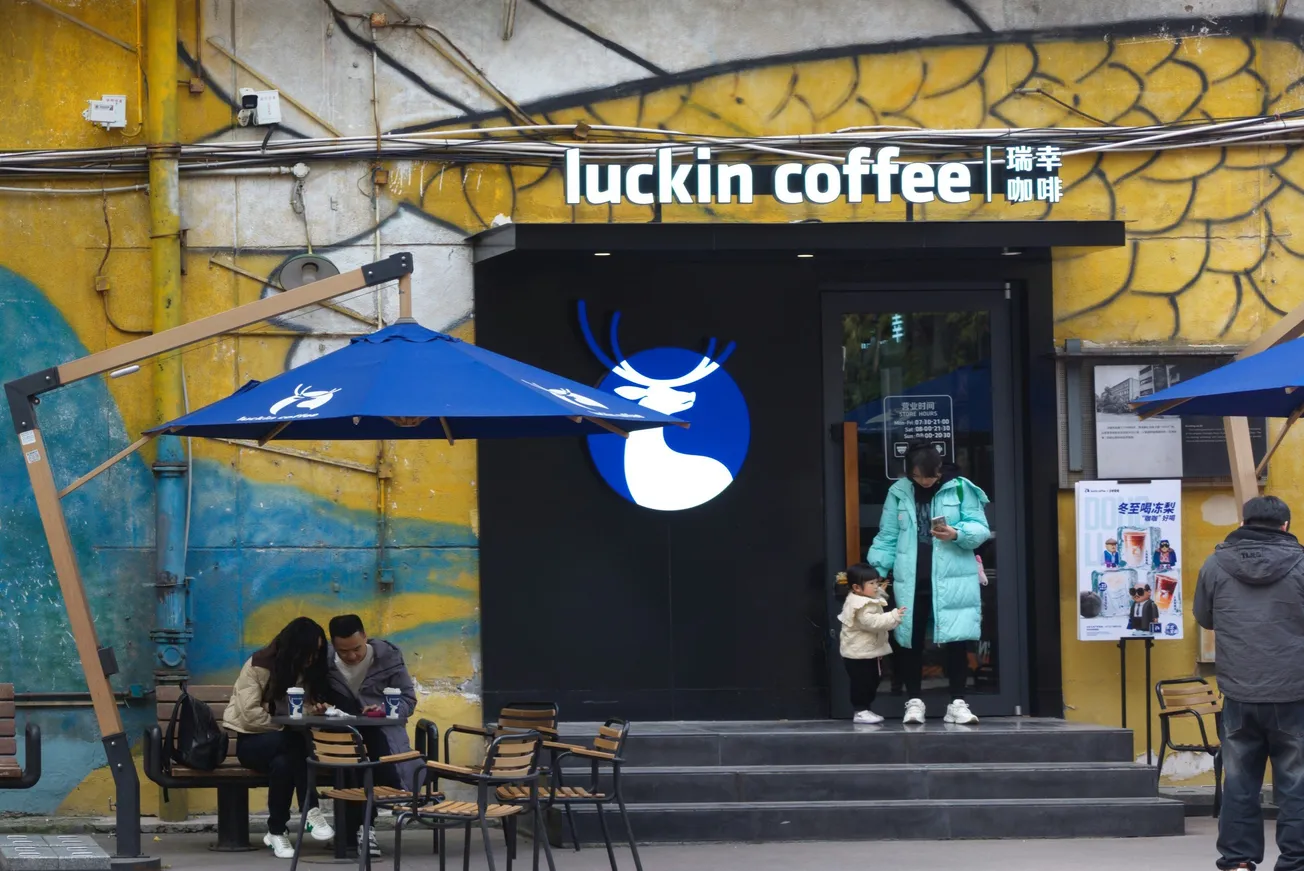Greater public and private sector collaboration will be key to increasing productivity in the world’s fourth-largest coffee-growing country, according to Indonesia’s Minister for Food Affairs
Indonesia has the potential to become the second-largest coffee producer in the world, according to Minister for Food Affairs Zulkifli Hasan.
The Southeast Asian country currently produces more than 700,000 tonnes of coffee annually, making it the fourth largest coffee producer globally behind Brazil, Vietnam and Colombia.
Speaking at World of Coffee Jakarta 2025, Hasan said greater government investment and better collaboration between the public and private sectors could see Indonesia surpass Colombia and Vietnam, which currently produce 774,000 and 1.8 million tonnes of coffee each year, respectively.
“Coffee is not just a commodity, it is a way of life for communities across Indonesia. From the Gayo highlands to the slopes of Toraja, coffee symbolises hard work, cultural heritage, and national pride. Prices are very favourable right now, so we need to increase productivity,” Hasan said.
However, while coffee production has increased approximately 5% year-on-year, higher domestic demand could place pressure on production targets in the short term, with Indonesia’s coffee industry also facing pressures from global climate change and the slow rejuvenation of plants in some areas.
In his speech, Hasan highlighted the need for higher-quality coffee seedlings, improved post-harvest processing and more competitive packaging to raise the profile and value of Indonesian coffee internationally.
Indonesia exported $1.49bn worth of coffee between January and September 2024, according to the government-backed Central Statistics Agency (BPS). Top export markets include the Philippines, the US and Malaysia. Imports over the first nine months of last year reached $319.9m, primarily driven by trade with Vietnam.
Domestic demand for premium arabica is also growing in Indonesia, where home-grown branded coffee chains, including Kopi Kenengan, Jinji Jawa, Tomoro Coffee and Fore Coffee, could provide another major market for Indonesian-grown coffee.












